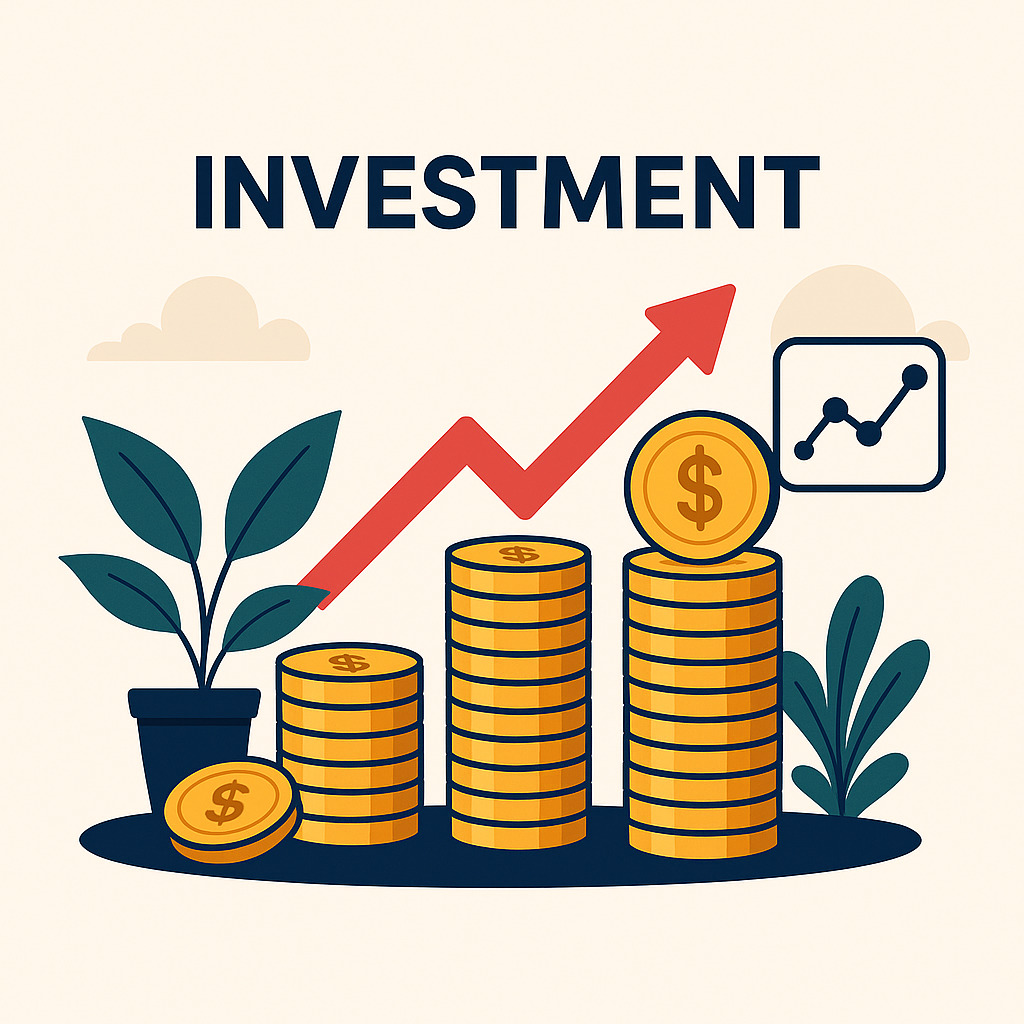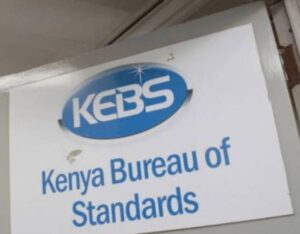
In an economy where inflation eats into savings and traditional bank deposits yield meager returns, the question of “where should I invest my money?” becomes increasingly relevant.
For Kenyan investors with Sh1 million to grow, the options are many but so are the risks.
The financial landscape in Kenya offers a broad array of investment vehicles, from government-issued bonds to real estate, cryptocurrencies, SACCOs, and equities.
Each asset class carries its own level of risk and potential return, and the decision to invest should go beyond mere numbers.
Understanding Risk vs Return
A fundamental principle in investing is that higher returns are usually tied to higher risks. Conversely, safer investments tend to yield modest returns.
This principle means it would be misleading to rank investment options solely based on return figures without acknowledging the underlying risk.
Consider infrastructure bonds, which currently offer about 14 percent in returns with zero tax on interest earnings. They are viewed as low-risk, making them attractive to conservative investors.
Investing Sh1 million here would yield around Sh140,000 annually predictable, safe, and backed by the government.
On the other hand, special funds like Mansa X or Oak Special Fund boast returns as high as 20 percent, but they are largely unregulated and significantly riskier.
In such funds, investors need to have a strong risk appetite and a deeper understanding of the market mechanisms.
Capital Gains and Real Asset Appreciation
Some assets, such as real estate, REITs, and stocks, may generate returns beyond regular cash flows like dividends or rent.
For example, the Nairobi real estate market, while currently showing an average rental yield of 6 percent, could offer significant capital gains over time depending on location and demand.
Similarly, dividend-paying stocks listed on the Nairobi Securities Exchange (NSE) like KenGen, BAT, and Stanbic provide annual cash returns of around 16 percent, taxed at 5 percent, with the added potential of stock price appreciation.
ALSO READ: How to Invest in Treasury Bills in Kenya: A Beginner’s Guide
Bitcoin and Volatility
A wildcard in the mix is Bitcoin, whose average annualised return over the past decade is a staggering 82 percent.
However, its extreme volatility and lack of regulation make it a high-risk bet. The cryptocurrency market has seen wild swings, and as such, it’s not suitable for the faint-hearted or short-term investor.
Tax and the Real Return
Returns can be misleading if not adjusted for taxation, which eats into profits.
For instance, while money market funds promise around 10 percent returns, they are subject to 15 percent withholding tax, bringing net earnings to about Sh87,000 on a million-shilling investment.
Not One-Size-Fits-All
It’s important to understand that past performance doesn’t guarantee future returns, and what worked in the last five years may not work tomorrow.
Moreover, an investment is only suitable if it aligns with your financial goals, risk tolerance, age, and liquidity needs.
For example, a 55-year-old nearing retirement might opt for the stability of SACCOs or government bonds, while a 30-year-old professional might be more open to real estate or tech-focused equity funds.
Here’s how Sh1 million would perform across various investments in Kenya:
| Asset Class | Average Expected Return | Tax | Net Return (Sh) |
| Infrastructure Bonds | 14% | 0% | 140,000 |
| Dividend Stocks (e.g. BAT, KenGen) | 16% | 5% | 152,000 |
| Real Estate | 6% | 7.5% | 55,500 |
| Money Market Fund | 10% | 15% | 87,000 |
| REITs (e.g. Acorn I-REIT) | 4.45% | 5% | 42,275 |
| SACCO Deposits | 12% | 15% | 102,000 |
| SACCO Shares | 16% | 5% | 152,000 |
Others include Bitcoin, which claims to offer an 82 percent return (average 10-year return), amounting to about Sh820,000. However, you should take such ROI claims with a pinch of salt, as Bitcoin is largely unregulated and highly volatile.
Consult Before You Commit
The decision of where to invest is deeply personal. While data provides a compass, it cannot account for your specific financial journey.
Consulting a licensed financial advisor remains a crucial step before locking your money into any asset. It’s not just about the destination but also about the journey and the risks you’re willing to take along the way.






